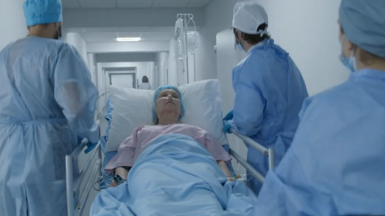Fast-track the end of AIDS in the EU - practical evidence-based interventions
As one of the Maltese Presidency of the European Union of the Council initiatives, a technical meeting brought together leading experts on HIV prevention and control from across the EU to discuss how Europe could improve its response to HIV and achieve the targets outlined in the Sustainable Development Goals, the actions agreed at the UN High-Level meeting on HIV/AIDS and those adopted in the Global Health Sector Strategy at the World Health Assembly.
The experts discussed practical evidence-based interventions and strategies, shared achievements and examples of good practices and identified solutions to common challenges. The priority areas where efforts should be scaled-up were discussed.
Although there have been impressive gains in reducing the number of AIDS diagnoses during the last decade, the burden of HIV infection remains unacceptably high in Europe. Each year about 30 000 people are newly diagnosed with HIV in the EU/EEA, and almost another 110 000 people are known to be infected in the broader European Region. Europe is the region with the fastest growing rate of infection in the world. There is good evidence on what works to effectively prevent and control HIV. In order to reverse the HIV epidemic in the EU/EEA, countries need to scale up:
- HIV prevention, both in terms of coverage and uptake, especially those targeting men who have sex with men, migrants and people who inject drugs;
- HIV testing, to reduce the undiagnosed fraction and ensure early linkage to care for people living with HIV (PLHIV);
- HIV treatment, to ensure that the proportion of PLHIV with an undetectable viral load is increased, both for their personal benefit as well as to reduce future HIV transmission.





